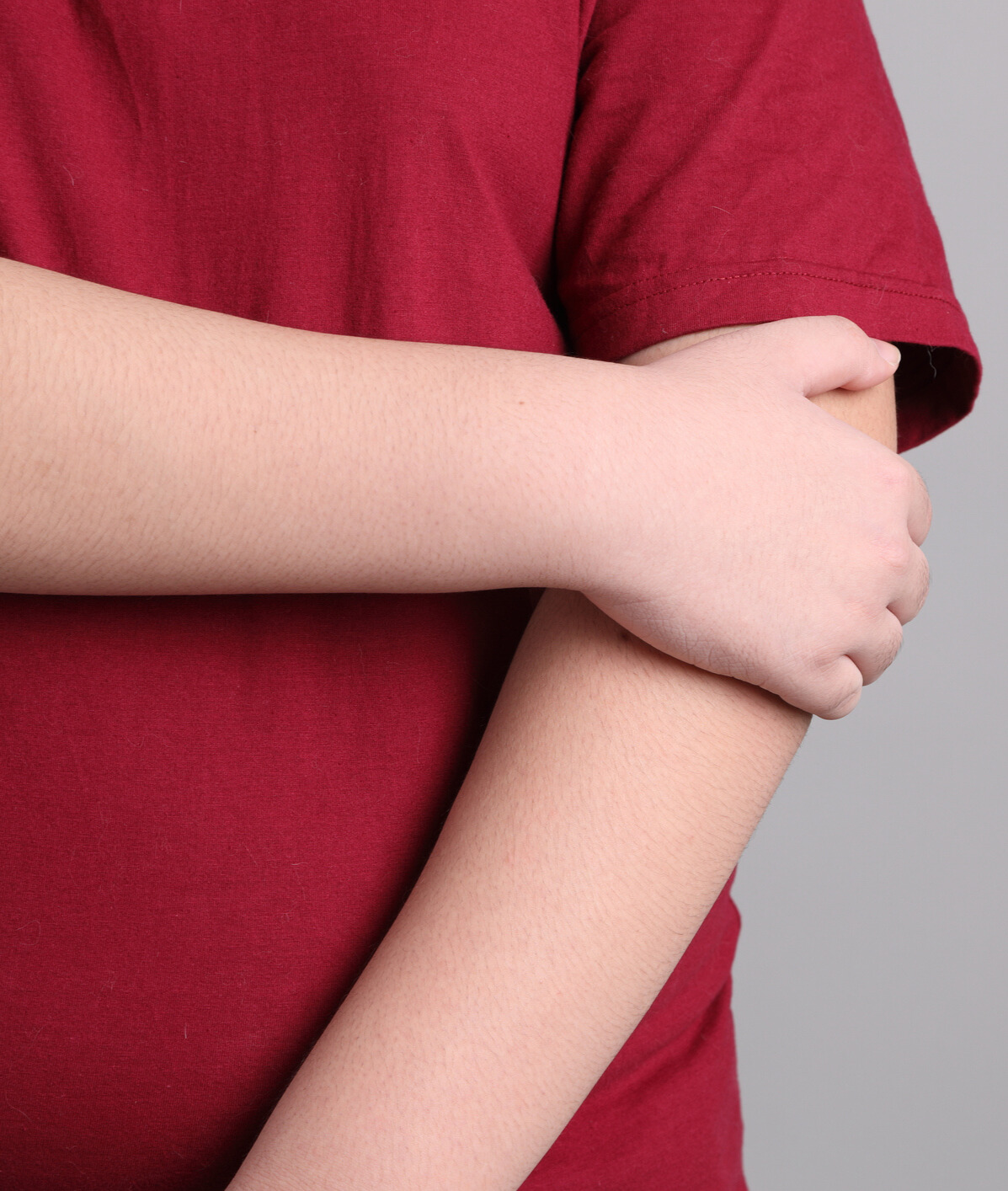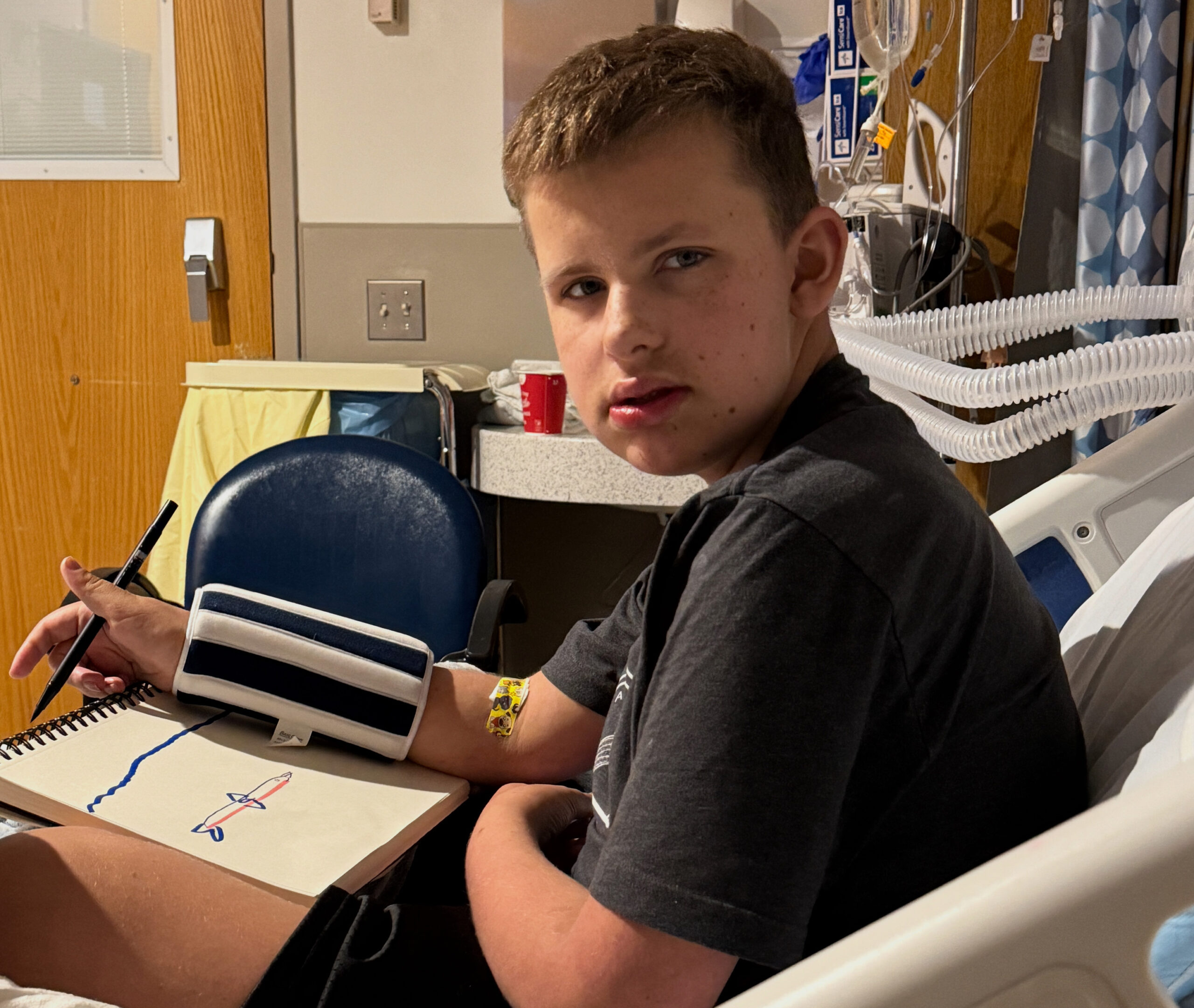Why does hypothalamic obesity happen?
The hypothalamus acts like your body’s command center helping you feel full after eating, telling your body when to burn calories, and keeping your energy in balance. When this part of the brain is damaged (often during surgery or radiation for a brain tumor), it can no longer send the right signals. This can lead to:
- Constant feelings of hunger (called hyperphagia)
- A slowed metabolism
- Disrupted hormone levels
- Insulin resistance
That’s why weight gain in HO isn’t about willpower. It’s about biology.

What makes HO different?
| Common Obesity | Hypothalamic Obesity | |
| Cause | Often lifestyle-related | Brain injury (hypothalamus) |
| Hunger cues | Usually work normally | Often missing or distorted |
| Metabolism | Can adjust to diet/exercise | Severely disrupted |
| Treatment response | Often responsive | Often resistant |
| Emotional burden | Variable | Often higher due to misunderstanding and stigma |

You are not alone
HO can feel isolating. Many families are told to “just eat less and move more” — advice that simply doesn’t work for this condition.
We see you. We believe you. And we’re working to change the system.
At RAWF, we are:
- Funding research to better understand HO and find new treatments
- Fighting for access to therapies like GLP-1 medications and Setmelanotide
- Connecting families through peer support and trusted information
- Driving innovation, like our at-home sodium meter project to manage related complications

What can help?
There is no one-size-fits-all treatment, but HO can be managed with the right care team and support. Options may include:
- Specialized medications that target brain and hormone pathways
- Nutrition strategies tailored to hypothalamic damage
- Support for mental health and caregiver fatigue
- Access to clinical trials and advocacy for insurance coverage
Most importantly, care should come from providers who understand this condition and respect the lived experiences of patients and caregivers.
How RAWF supports families living with HO
We are here to:
- Educate doctors and health systems about the realities of HO
- Build a global patient registry to power patient-led research
- Offer virtual education, caregiver panels, and ambassador support
- Advocate for policy change to recognize HO as a distinct medical condition
Whether you’re newly diagnosed or years into your journey, RAWF offers resources, community, and a voice for change.

Nutrition Management for Hypothalamic Obesity 2023 Pituitary Brain Tumor Patient Conference

Get Involved or Learn More
- Join our patient registry
- Explore educational resources
- Sign up for support updates
- Contact our team
Understanding Brings Hope — Support Begins Here
We’re working every day to ensure that hypothalamic obesity is no longer ignored, misunderstood, or dismissed. Together, we can create a world where every survivor has the chance to thrive.
Our Latest Updates

Hypothalamic Syndrome: Finally, a Way to Describe What We’ve Been Living

New Frontiers in Hypothalamic Obesity Research

Updates on Current and Pending Hypothalamic Obesity Clinical Trials





